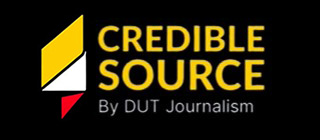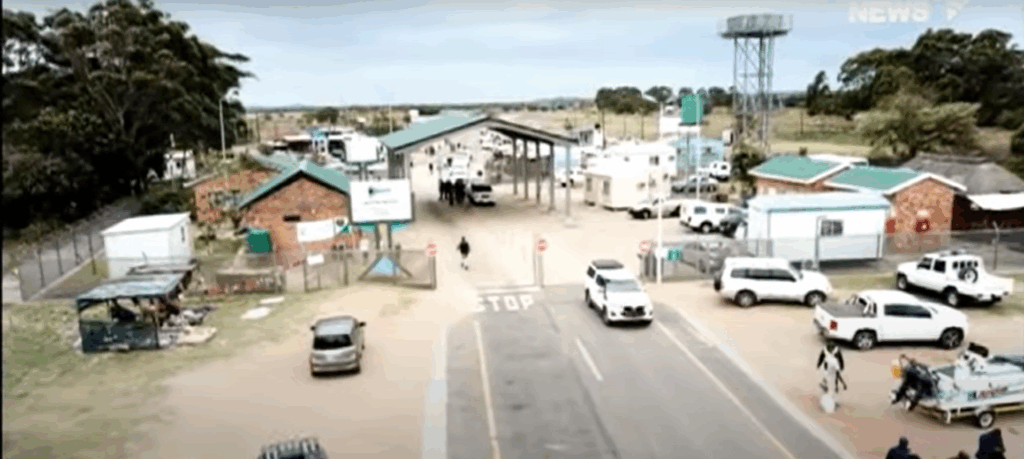By Bayanda Hlongwane
The new March in March Movement plans more protest action on 2 May 2025. They say illegal immigrants take opportunities such as work and business from South Africans. This is a sentiment seen elsewhere in the world which has led to mass deportations by American president, Donald Trump. It was also echoed in Britain before they voted to leave the European Union (EU) – a decision that is now blamed for the current economic struggles of that country.
Like many parts of the world – South Africa has been experiencing an ailing economy seen through the weaker Rand after American tariffs, the cost of living has been rising and there is a high rate of unemployment that sits at over 30% of the population. There are some that say foreign nationals contribute to shifting opportunities away from South Africans. This has led to the March in March Movement organising a few events in Durban, Johannesburg, Tshwane, Ladysmith, Mangaung, Pietermaritzburg, Newcastle, and Vryheid.
They’ve even gone to the rural town of Bulwer. “Illegal immigration is one of the biggest issues in South Africa. Government and some of the political parties do not take this issue seriously as they should be,” said Action SA KwaZulu-Natal chairperson, Zwakele Mncwango.
Mncwango believes that foreign nationals have taken the township economy away from locals. “The spaza shop economy in townships has been taken by foreign national who have no rightful document to be in this country. “
Recently, the South African government requested spaza shop owners to register in order to continue operating. The concern raised is that 60% of shops that did register are owned by foreign nationals which raises questions about why South Africans have largely abandoned this type of business.
This has, however, not stopped the March in March Movement’s protest action against foreign nationals in South Africa. “I have been displaced because of it every day together with many other South Africans who cannot walk freely on the pavements, buy houses, get employment or even run a simple spaza shops,” said March in March’s national convener, Phiwokuhle Xulu.
South Africa’s government has acknowledged that the country has porous borders and poor border control. They’ve introduced drones that record the activity happening on the country’s borders. The Border Management Authority says over 6 000 people trying to cross the border during the Easter long weekend were arrested because these drones. Zimbabwean nationals top the list of those that were caught and taken in.
KwaZulu-Natal shares borders with Lesotho, eSwatini and Mozambique. There have been many concerns about vehicles that are stolen in South Africa and taken to Mozambique and sometimes even elsewhere in Africa and the rest of the world. Locals in border towns have protested about this and some have even blamed the police for working with cross-border car thieves. In the last year, the police have carried out several raids in Durban where they have arrested a significant number of undocumented foreign nationals. “There are many undocumented foreigners we have in the province. The only sad part as we arrest them and hand them over to Home Affairs, some manage to return, forcing us to restart the entire process. It’s becoming a problem,” said KwaZulu-Natal police chief, General Nhlanhla Mkwanazi.
The 2 May March will be to request a response from eThekwini Municipality after the memorandum submitted in March.


